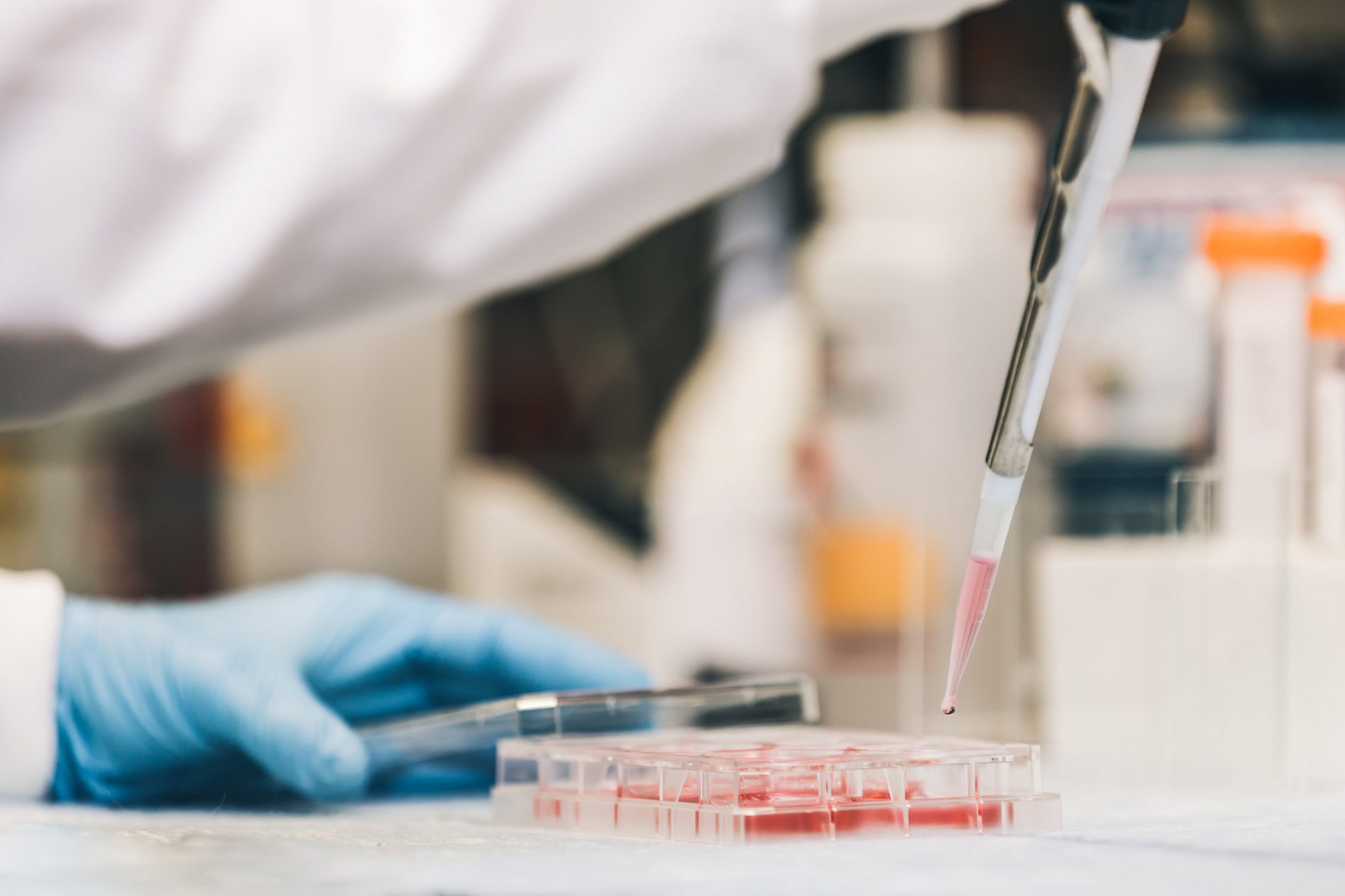Scientists have discovered that sugar “wakes up” cancer cells and increases the aggressiveness of cancerous tumors, reports The Independent. The discovery could have a major impact on the diet of patients diagnosed with this health problem, according to Agerpres.
The conclusions of a nine-year research project, carried out by scientists from the Flemish Institute for Biotechnology (Vlaams Instituut voor Biotechnologie — VIB), at the Catholic University of Leuven (KU Leuven) and the Vrije Universiteit Brussel (VUB), are considered a revolutionary discovery in the study of cancer, with researchers finally clarifying how the Warburg effect — a phenomenon in which cancer cells rapidly break down sugars — stimulates tumor growth.
Published in the scientific journal “Nature Communications”, the project was initiated in 2008, focusing on how tumors convert significantly higher amounts of sugars into lactate, compared to healthy tissues.
Although the phenomenon has been intensively studied, until now it was not known for sure whether this effect is a symptom of cancer or a cause of it.
Nonetheless, this new research provides evidence of the correlation between sugar and oncogenic activity in cancer cells.
"Our research reveals how hyperactive sugar consumption by cancer cells leads to a vicious circle of continuous stimulation of cancer development and evolution," said Professor Johan Thevelein. "This can explain the association between the intensity of the Warburg effect and tumor aggressiveness," writes Agerpres.
The scientists claim that these findings will have "major consequences" and will provide "a basis for future studies in this field." They will also have an impact on personalized diets for patients diagnosed with cancer.
The challenge for the researchers is that all cells require sugar, so eliminating sugar completely would not only destroy cancer cells, but also healthy cells. If, however, oncologists could limit the hyperactivity of the conversion of sugar to lactic acid, normal cells might be spared.
“I think we have a starting point for finding the primary cause of the increased influx of sugar into cancer cells,” says Dr. Thevelein. “This hyper-rapid influx of sugar into cancer cells is not present in normal mammalian cells.”
“We can look for drugs that inhibit this rapid influx, and these drugs should make it quite difficult for cancer cells to survive. That is something we continue to research.”







